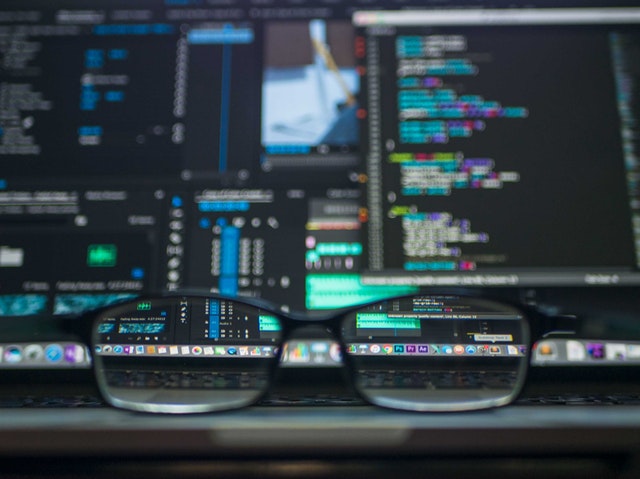
Data protection is something we don’t always consider when we go online or use a ‘smart’ device, but we should. Most of us share our personal information without even realizing it.
Have you shopped online recently? Are you a regular poster on social media? Did your other half buy you a fitness tracker for Christmas? If you answered “yes” to any of these questions, your personal data is out there, stored on public databases and shared with private companies.
To a certain extent, this is not something we can avoid. Applying for a drivers’ license or opening a credit card requires sharing our data. Indeed, sharing data can bring some benefits. For one thing, it helps us engage online and see the type of content we are most interested in. But it can also be risky.
Data Brokers
In 2013, Pam Dixon, Executive Director of the World Privacy Forum, was asked to testify about data brokers before the Senate Committee on Commerce, Science, and Transportation. Her testimony highlighted the dangers of online data leaks and the damage they cause. She described how an elderly librarian lost her life savings after her personal details were added to an elderly buyer and frequent donor list. In another case, a police officer and his family were put at risk after his personal information was published online.
High Profile Data Breaches
There have been many high-profile data breaches in recent years, from the Yahoo breach in 2014 where three billion accounts were compromised to the Equifax breach in 2017, where 143 million people had personal information leaked and 209k people had their personal credit card data exposed.
Governments are increasingly recognizing the importance of data protection. Data protection legislation is woefully out of date and many companies don’t do enough to protect their customers’ personal data.
What is Data Protection?
Data protection protocols aim to keep us safe by ensuring we remain in control of our own personal information. In today’s technological age, companies have access to a huge amount of data. This represents a massive risk to our personal safety if it falls into the wrong hands.
In the EU, GDPR has been implemented to protect the data of EU citizens. In the US, California passed the Consumer Privacy Act in 2018.
How to Monitor and Protect Personal Data
It’s important to check what data is available in the public sphere. Use a people-finder website like https://nuwber.com/ to see how much of your personal data is available to anyone searching out of curiosity or malicious intent.
Worried your email has been hacked? This website can tell you if your email address has been compromised.
Be very careful when posting personal information online and keep your social media privacy settings as high as possible. Delete old accounts and be mindful about handing over data to companies when you use their services.
If you do discover your personal information online, petition the website to have it removed. You have the right to ‘erasure’. There are services out there that can help you keep your information away from data brokers and open people search databases. Use them if you have a lot to lose.

